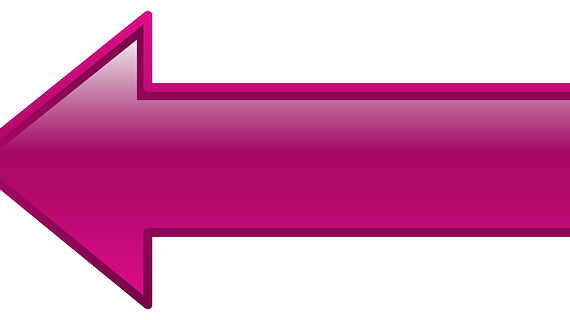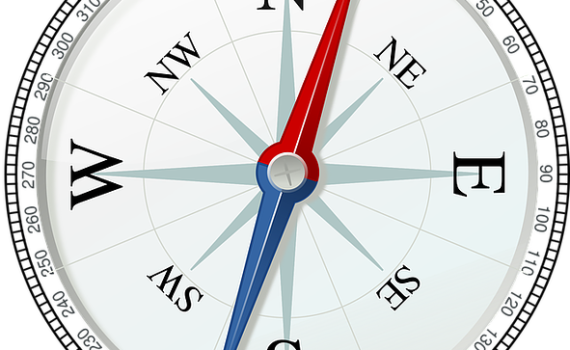jean amaral
Universal design for learning (UDL) is a set of design principles based on the neuroscience of how humans learn. Consider how you might apply these principles to your open pedagogy assignment.
Backward design is a planning process that flips our focus to the outcomes we'd like our students to achieve and then considers how they will demonstrate that they have achieved those outcomes.
After completing "Developing your open pedagogy activity using backward design," post your activity or assignment here.
After completing "Developing your open pedagogy activity using backward design," post your activity or assignment here.
After completing "Developing your open pedagogy activity using backward design," post your activity or assignment here.
After completing "Developing your open pedagogy activity using backward design," post your activity or assignment here.
If you are unfamiliar with OER, the video below provides a brief introduction, and The OER Starter Kit Workbook will launch you on your journey to identify and incorporate OER in your courses.
You can also connect with the CUNY OER coordinator on your campus.…
Some open pedagogy assignments involve students creating, updating, or updating open education resources (OER). This site from the Open Education Group provides examples of many possibilities for engaging students with this type of renewable assignment.…
Another example of a Wikipedia assignment from faculty at Case Western Reserve University.…
In Why have students answer questions when they can write them?, Rajiv Jhangiani presents a road map for an open pedagogy assignment in which students write the test questions.…
If you’re interested in learning more about zines for use in your courses, below are a few resources:
What are Zines??
- Intro to Zines on zinelibraries.info
“So, what is a zine?? There’s no official definition, but most will agree it’s a self-published work that has a limited print run (which can range from ten copies to around 5,000 copies).
Kathleen Crowther, Associate Professor of History of Science at the University of Oklahoma, reflects on the purpose and benefits of a Wikipedia assignment on women and medicine.…
Keene State student, Jaime Marsh, shares her experience with open education in Karen Cangialosi‘s course. Another student of Karen’s, Miranda Dean, reflects on her experience in an Evolution and Human Behavior course.…
Browse examples of open pedagogy on the Open Pedagogy Notebook. Jot down ideas for open pedagogy activities or assignments that you could design for one of your courses.








